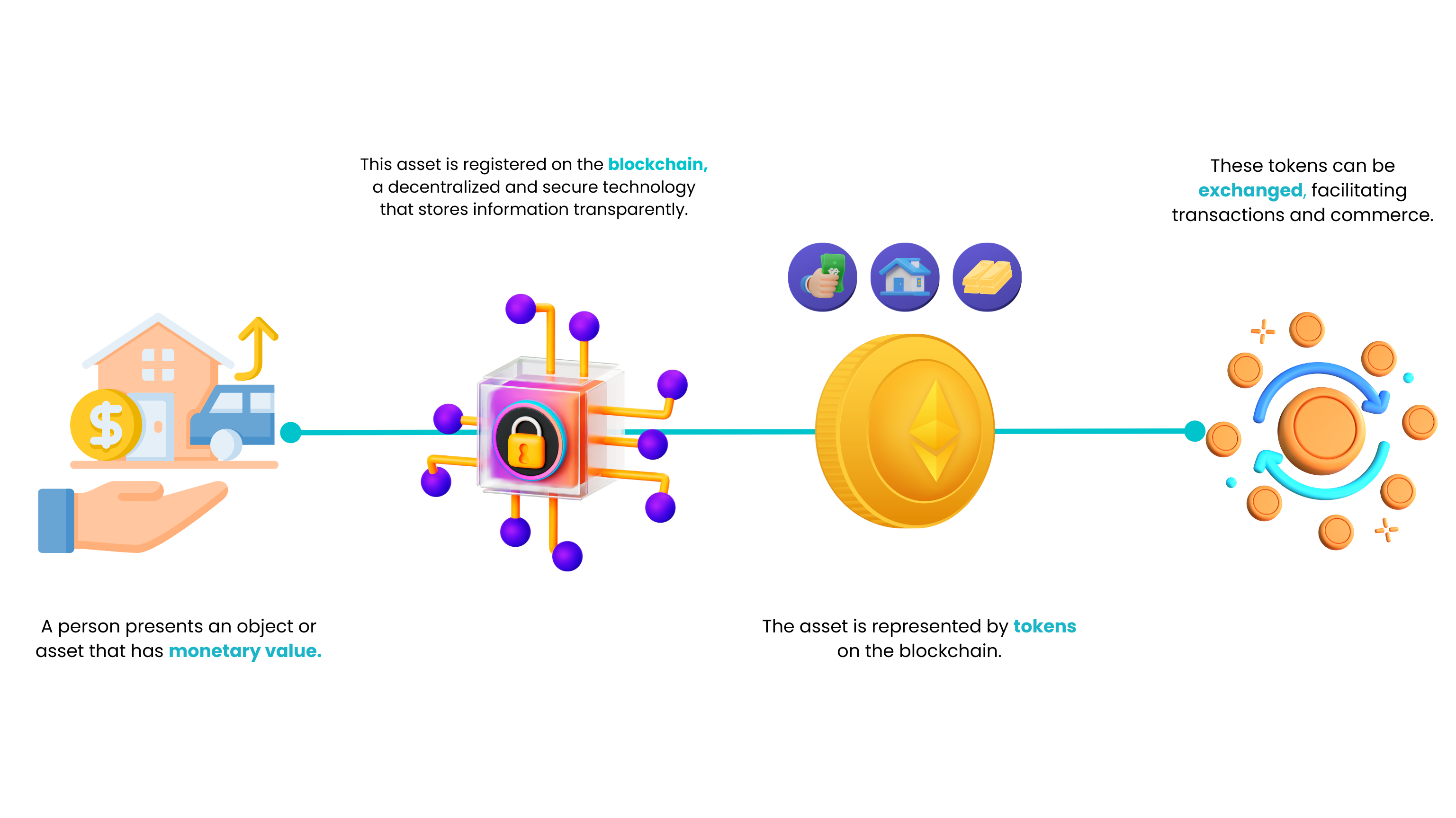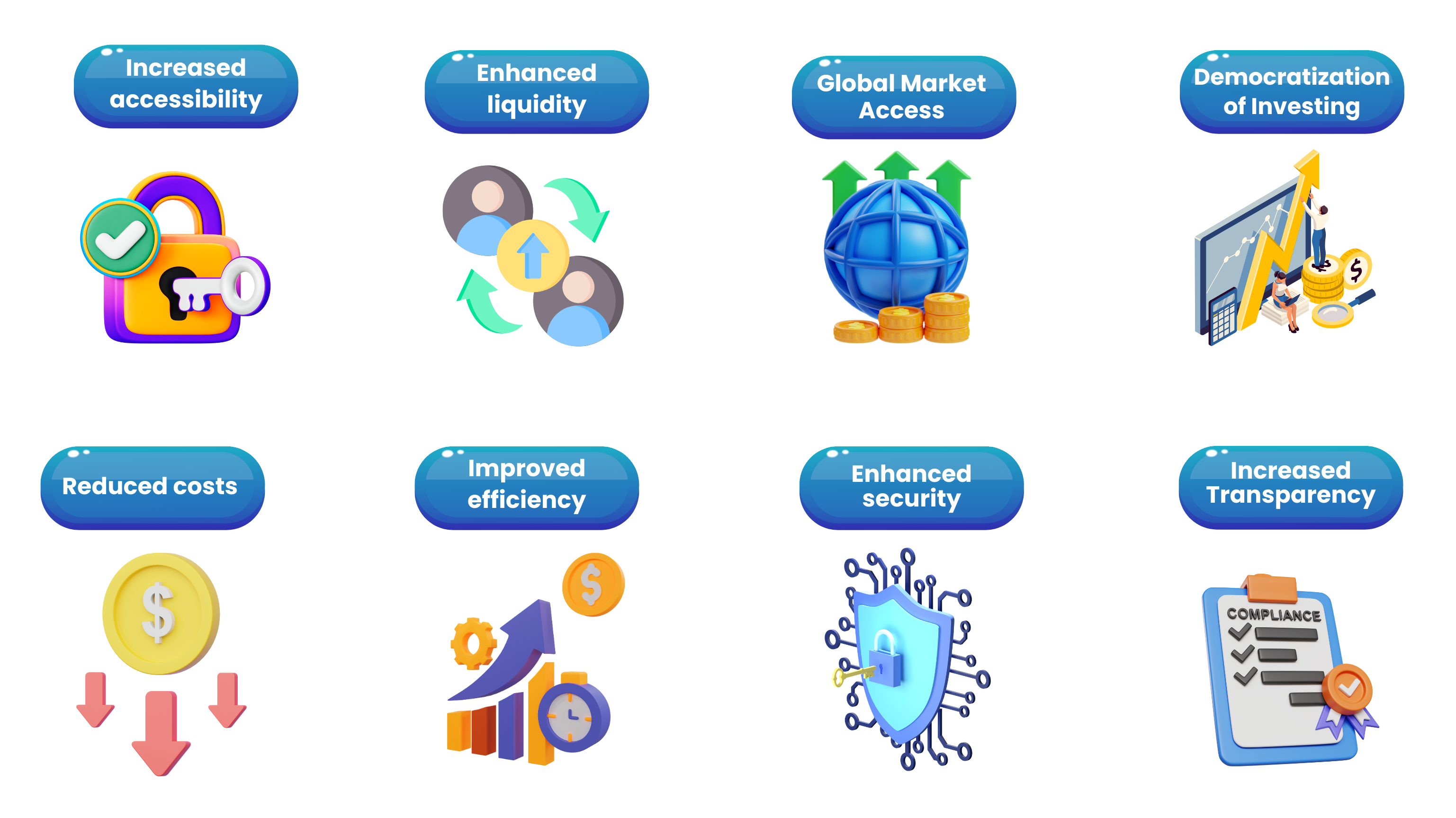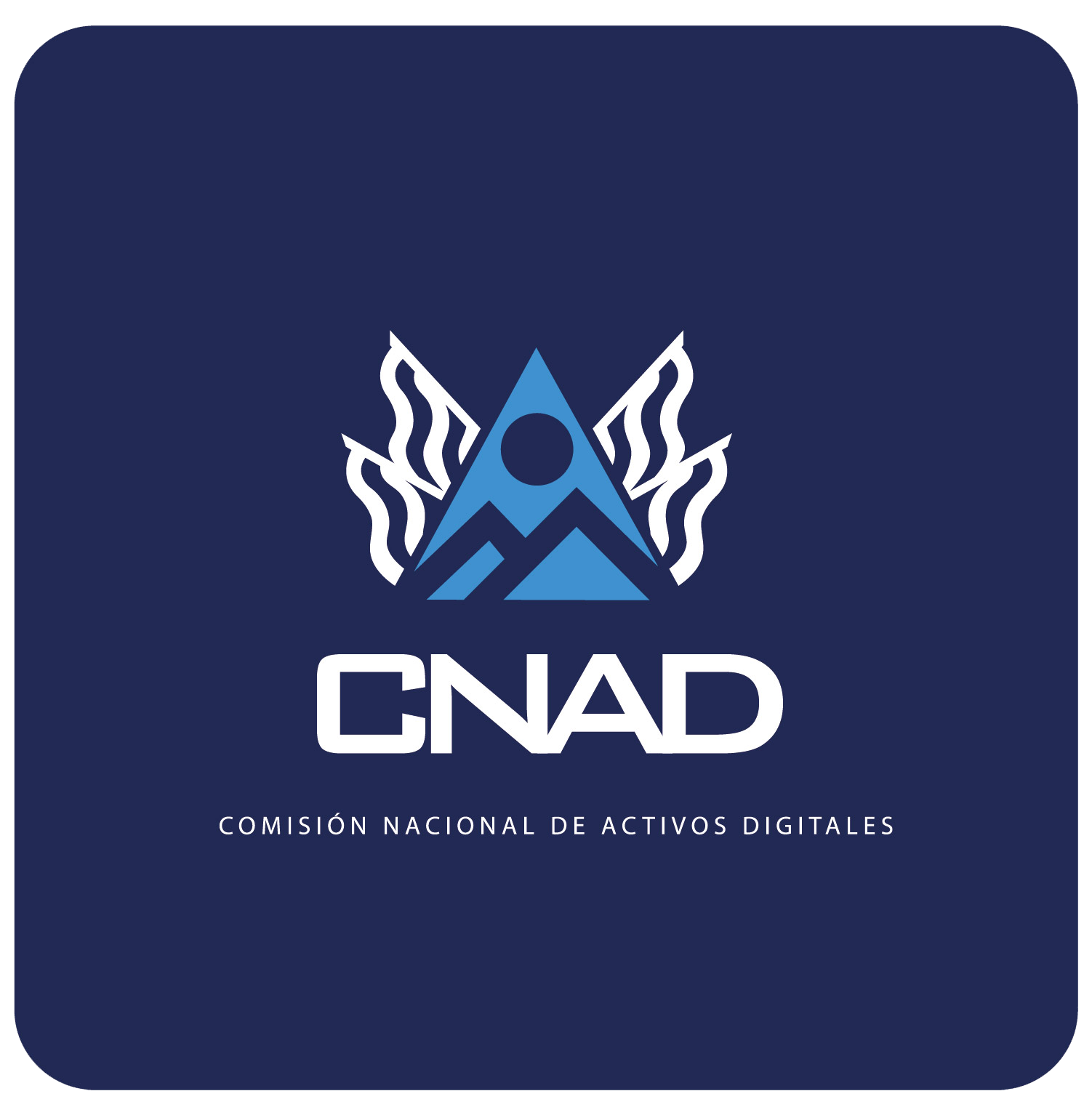about
A digital asset is a representation in digital form that can be electronically stored and transferred using a Distributed Ledger Technology system or a comparable analogous technology. This system links and encrypts records to ensure the security and privacy of transactions.
One of the key features of digital assets is their ability to be owned, exchanged, transferred, traded, and promoted by both natural and legal entities.
It is important to note that digital assets are distinct from securities. Consequently, the provisions outlined in the Code of Commerce, the Securities Market Law, the Electronic Securities Law, the Electronic Annotations of Securities in Account Law, or the Investment Law do not apply in any regard.



The National Commission of Digital Assets (CNAD) in El Salvador guarantees the security and validity of digital assets through rigorous supervision and regulatory compliance backed by the Digital Assets Issuance Law. CNAD promotes a safe environment for digital asset transactions by:
Establishing and enforcing clear and strict rules that must be followed to ensure the integrity and security of digital assets.
Supporting the development of new technologies and practices in the sector, ensuring that innovations are implemented safely and responsibly.
Working together with various stakeholders in the digital asset ecosystem to align efforts and ensure the safe and efficient implementation of technologies.
Constantly updating and refining regulatory frameworks to adapt to the rapid changes in the sector and maintain a secure and reliable environment for all transactions.
Through these actions, CNAD plays a crucial role in ensuring that digital assets in El Salvador are secure and have the validity attributed to them.
